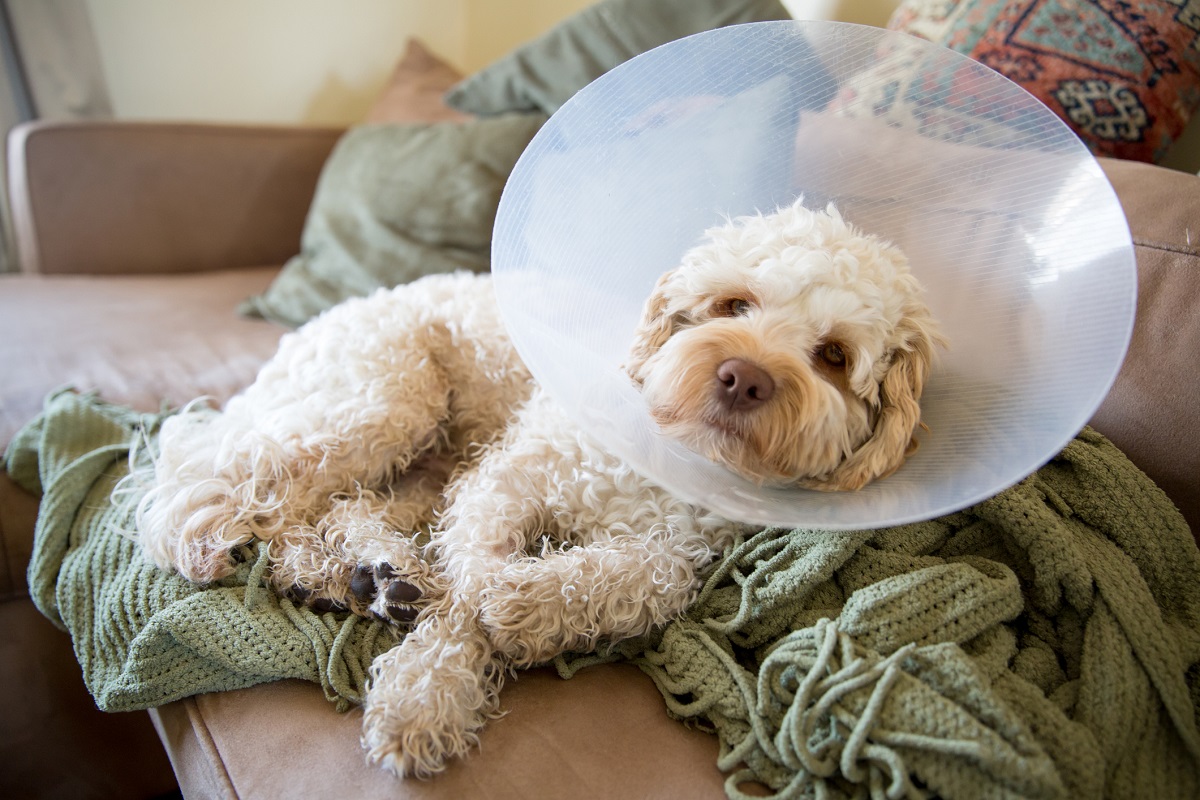The World Small Animal Veterinary Association (WSAVA) has called for veterinarians to move away from traditional reproduction control methods.
It is calling for veterinarians to ensure that clients have all the information they require to make an informed decision about neutering their animals and to move away from the traditional approach of ‘routine’ spaying and neutering of owned animals is central to the world’s first Global Guidelines on Reproduction Control.
Stefano Romagnoli, Chair Professor of the Reproduction Control Committee (RCC), said managing reproduction is a critical and rapidly evolving area of companion animal practice.
“For many years, our default advice has been that dogs should be neutered and bitches spayed – but, in the light of new scientific evidence, it’s time for a paradigm shift in our thinking.
“Emerging scientific data shows that gonadectomy can adversely impact the health of some animals. It also shows that recommending castration in older dogs to reduce their risk of developing Benign Prostatic Hyperplasia (BPC) may not be appropriate because, in fact, in some cases, late castration can actually increase the risk of prostatic carcinoma.
“We also have concerns about increasing moves to early neutering or for neutering to be used as a method of behavioural control.”
The Guidelines call on veterinarians to update their own knowledge and to spend more time with clients, advising them on the benefits, risks and side-effects of surgical and non-surgical castration and the options for their animal. This should consider their breed, age, any behavioural issues and other relevant factors.
To stay up to date on the latest industry headlines, sign up to the Pet Industry News e-newsletter.

